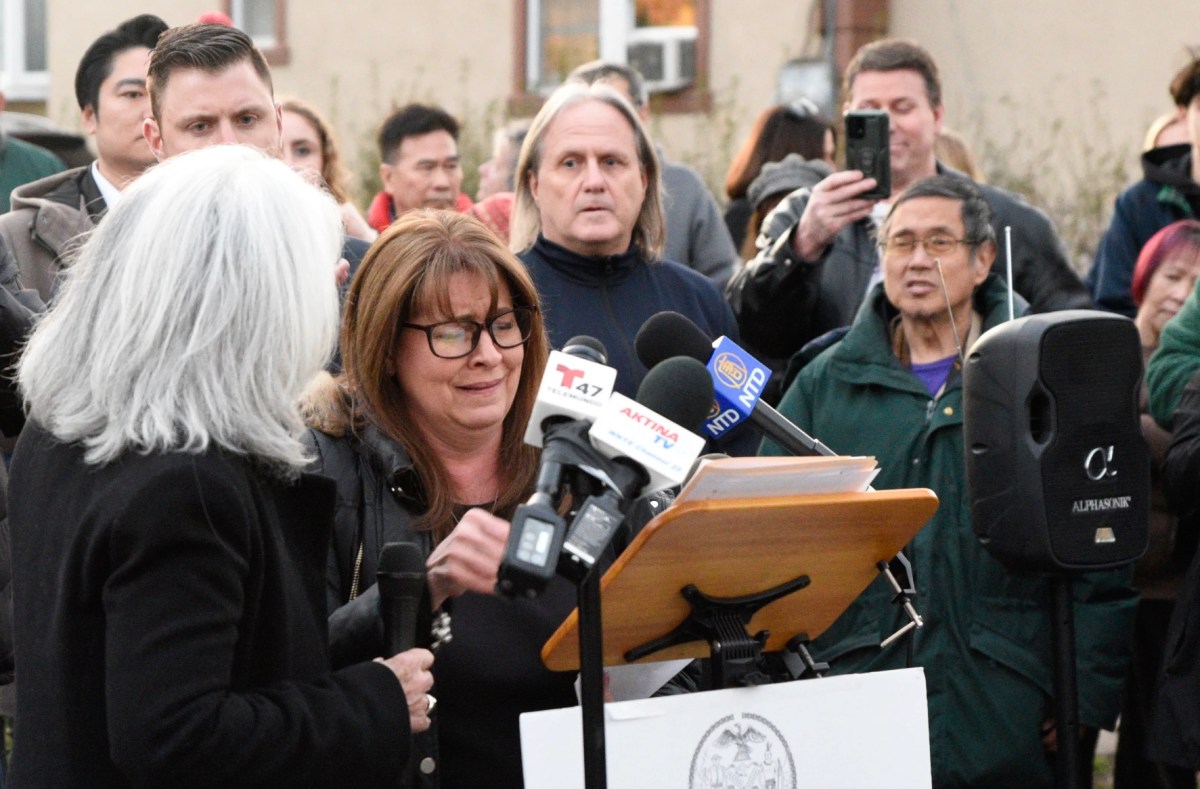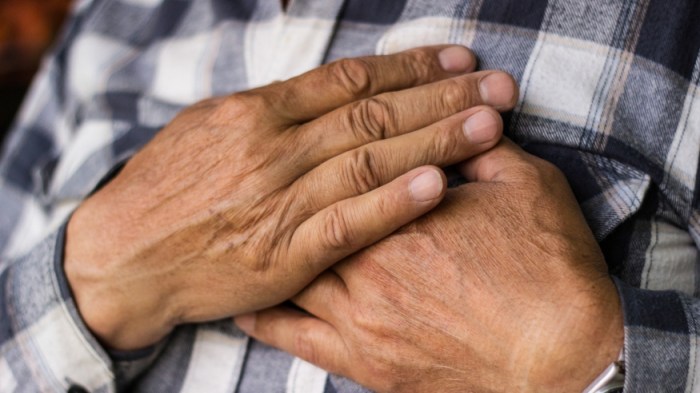Cold weather is here, and so is cold and flu season. Most of the time, you just have until a cold or flu runs its course, but not always. We talked to Dr. Nicholas Genes, associate professor of emergency medicine at the Icahn School of Medicine at Mount Sinai to find out where to go when, and why you may not have to leave home at all to see a doctor when you’re feeling ill.
Staying healthy during cold and flu season
Photo: Getty Images
How is urgent care different from the emergency room?
Emergency Departments can handle any level of severity – including life-threatening injuries and infections, and conditions that require immediate interventions like appendicitis, strokes, heart attacks. Urgent Care centers are optimized for less critical conditions – a broken wrist, a bad cough, and yes – the flu.
Does everyone need a flu shot?
Almost everyone should get the flu vaccine, every year – the exception is infants under 6 months of age and people who’ve experienced a rare reaction to prior flu vaccines. I hesitate to just say “flu shot” because now there’s a nasal spray vaccine option, too (though it’s only recommended for healthy non-pregnant adults age 2-49).
Can you get those at urgent care?
You can get flu shots at urgent care centers.
What is the difference between a cold and the flu?
Flu is worse, hands-down. Flu tends to strike abruptly, giving you a fever, with body aches and fatigue. Patients sometimes tell me they feel they got hit by a truck. Colds tend to come on gradually, may not give you a fever, but commonly feature nasal congestion, sore throat, and sneezing. Colds and flu are caused by different viruses, but symptoms can overlap — and sometimes it can be hard to distinguish the cause without testing.
If you have the flu, should you see a doctor?
Most people who have the flu are going to feel truly awful for a few days, then get better on their own after about a week. These folks should stay home at home, rest and avoid contact with the elderly and very young — and just focus on getting better.
But high-risk patients, like young kids, adults over 65 and pregnant patients — they should really talk a doctor if they suspect the flu. Also, patients with chronic diseases are at high risk for complications, hospitalization and other bad outcomes – asthma, diabetes, heart disease, kidney disease. These high-risk patients may benefit most from antiviral medications, and so should also talk to a doctor.
What are some important tips for staying healthy during flu season?
Besides getting a flu vaccine every year, hygiene is also really important. Wash your hands frequently, especially before you eat or when using shared objects like phones or doorknobs. Have tissues close at hand – not just for yourself, but to offer to others who might be sneezing or have a runny nose. Stay rested, get plenty of sleep, eat well, exercise regularly – it sounds cliché, but it matters!
How does telehealth work?
You can just download our app – Mount Sinai Now – which works on iPhone or Android. Or point your laptop to now.mountsinai.org. You register, answer some quick questions about medical history and pharmacy preferences, and you’re ready to have a video session with a doctor. Through conversation and video, our doctors can do quite a bit – we can coach the patient through an exam, reassure patients about their symptoms, and prescribe medications to get folks through their injury or illness – including antibiotics, or antivirals for the flu when warranted. It’s a lot like FaceTime or Skype, but private and secure. And our docs have access to your past records if you’ve been at Mount Sinai before. Right now, we’re cash-only but plan to accept most insurance in 2019.
When is telehealth a good option?
Telehealth is a great option when you just don’t feel well enough to schlep across town to see a doctor. Or you can’t sleep and want some reassurance. Or when something’s been bothering you but don’t want to miss half a day of work to see a doctor. It’s really efficient for getting advice on rashes and skin problems, sprains and minor injuries, upset stomachs, allergies, colds, and flu.
When is telehealth NOT a good option?
This kind of “virtual care” isn’t for every situation – if you are having chest pain, or trouble breathing, or symptoms of stroke, then you need to get to an Emergency Department. Patients with multiple chronic medical conditions who want to review their progress on a certain medication – they’re probably better off talking to the doctor that originally prescribed that medication.



















